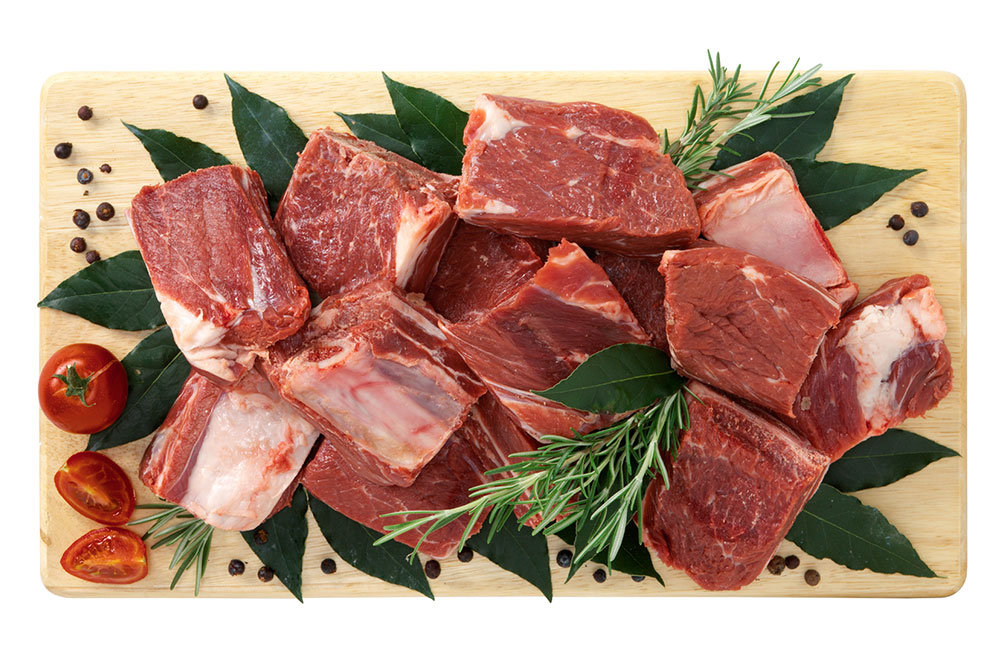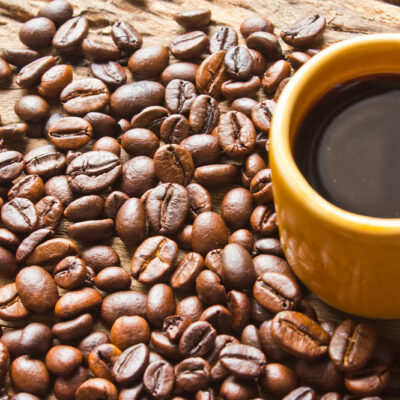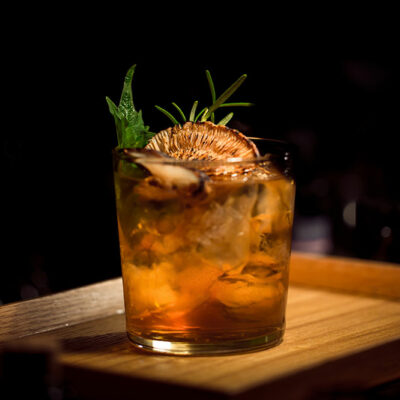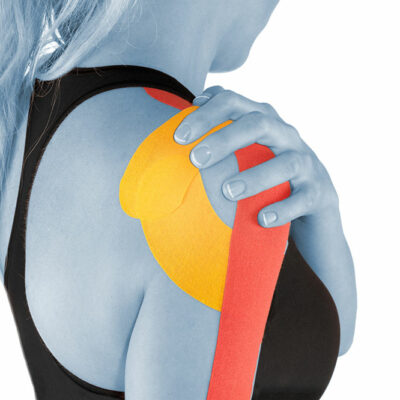
Sleep Apnea Foods to Eat and Avoid
Sleep apnea is a severe sleeping cycle disorder, wherein the breathing tends to start and stop by itself repeatedly. Anyone who feels tired even after a proper good night’s rest may suffer from sleep apnea. Along with treatment and medication, some lifestyle and dietary changes can help keep sleep apnea in check. Here, we will take a look at some of the dietary tips for sleep apnea.
Foods to eat to manage sleep apnea:
- Fruits and vegetables
Both fruits and vegetables are packed with fibers and nutrients. Moreover, they have a low caloric content and are the ideal replacement for candy and cookies. The good thing about fiber is that it keeps you full for a long time. If you feel full, your chances of overeating are significantly reduced. It is vital because a lot of people with sleep apnea are overweight. - Low-fat dairy
Dairy is an excellent source of vitamin D and also keeps you full for a longer duration. However, it is best to consume low-fat variants of dairy, as they are low in calories. So, why not consider swapping cheddar cheese, heavy cream, and whole milk to part-skim mozzarella cheese and low-fat or skim milk? These foods are great for weight management, which also enables you to manage sleep apnea better. - Plant-based oils
In people with overweight sleep apnea, the symptom flare-ups can be managed by making a healthy switch from saturated fats, such as margarine and butter, to unsaturated fats and plant-based oils. Some healthy substitutes to include are sunflower oil, flaxseeds, and more. - Whole grains
Like fruits and vegetables, even whole grains are dense in fibers and nutrients, keeping you full longer. Some of the best types of whole grains to include in your diet are oats, pearled barley, and brown or wild rice.
Foods to not eat to avoid triggers:
- Bananas
Bananas are a great source of fiber and potassium. However, bananas aggravate the risk of mucus production in the throat and mouth, which can exacerbate breathing disorders, particularly those associated with sleep apnea. - Fatty meats
It includes items such as sausage, bacon, lamb, burgers, and pork that have a high saturated fat content in them. Thus, eating these fatty meats in high quantities causes inflammation around the body. It also puts you at a risk of cardiovascular issues, which is a major risk factor for people with sleep apnea. - Alcohol
A nightcap may help you sleep better. However, alcohol tends to affect your deep, good quality REM sleep stage, especially if you drink in high quantities. It may even wake you up in the middle of the night. Hence, you must avoid consuming alcohol. - High-fat dairy
Like bananas, even high-fat dairy foods, comprising cream, whole milk, and heavy cheese, heighten your body’s mucus production. Moreover, when you eat them frequently, it can aggravate your risk of weight gain, which is a potential risk factor for sleep apnea.
So, these are some helpful dietary tips for sleep apnea.


